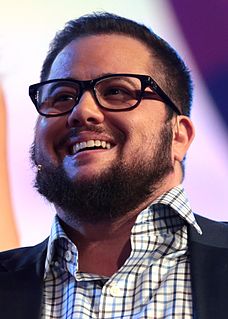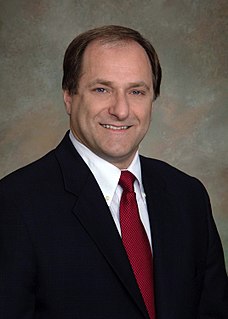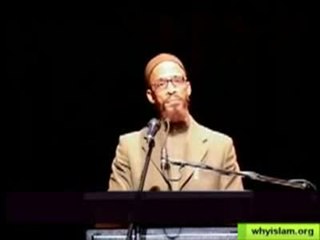A Quote by Laura Jane Grace
If I want someone to recognize the gender identity I feel, I'd have to ask for that. I can't assume people will know how I'd like to be treated on their own.
Related Quotes
To me, it's about the Golden Rule, really at the end of the day. Treating people as you want to be treated. I just don't feel like it's that hard to do. It's not that much to ask of someone to treat everyone with the respect they would want to be treated with. No matter what you look like or where you're from.
I don't want it to end, and so, as every therapist knows, the ego does not want an end to its “problems” because they are part of its identity. If no one will listen to my sad story, I can tell it to myself in my head, over and over, and feel sorry for myself, and so have an identity as someone who is being treated unfairly by life or other people, fate or God. It gives definition to my self-image, makes me into someone, and that is all that matters to the ego.
Someone who is experiencing gender dysphoria would be someone who feels that his biological sex doesn't match up with the gender that he feels. So, I might feel like I am a woman trapped in a male body, and you can imagine how horrible that would be to have that kind of experience or to think that you're a man trapped in a woman's body. It must be just a terribly difficult experience for those who experience gender dysphoria. But this is not anything to do with homosexual attraction or activity. It's a matter of one's self-perceived identity.
But this is what I know about people getting ready to walk of the edge of their own lives: they want someone to know how they got there. Maybe they want to know that when they dissolve into earth and water, that last fragment will be saved, held in some corner of someone's mind; or maybe all they want is a chance to dump it pulsing and bloody into someone else's hands, so it won't weigh them down on the journey. They want to leave their stories behind. No one in all the world knows that better than I do.
I hide my emotions mainly because you don't want somebody to know that you feel sorry for them, because they will feel worse, or because you don't want someone to know or see your fear. If someone like a sick kid or a burn victim sees your fear, they respond to how you respond. And if you show them it's terrible, they will get upset. It's something I've learned over the years.
Why would one's identity be a matter of feelings? I think that that's a misuse of terms, philosophically. Identity is mind independent. It's something that is objective, regardless of how you feel. So, the term gender identity seems to me to be something of an oxymoron. It's not really about one's identity. It's rather a matter of one's self-perception or one's feelings about oneself.
My conception around being a woman in 2016 has definitely been shifting over the past year, because I feel like I'm proud of womanhood, and I feel attached to it, and at the same time I'm someone who doesn't believe in having a gender binary, and so often times I separate those two concepts in my mind - the concept of being a woman and the concept of being a girl or being female, being kind of attached to a certain gender identity.
It’s good to be with someone when you know you matter. Not assume,” she qualified, “but know. To be with someone, who even when you don’t think you want or need it, will stand up for you. Someone who sends you flowers and buys you magic wands. I’m not going to look around the corner for what’s next.
As someone who is non-binary gender identifying, I feel a particular responsibility to portray members of my community on stage and on screen, not only as fully fleshed-out characters who are integral to the plot, but as characters whose gender identity is just one of many parts that make up the whole person.
Let’s not ask Barbara Walters about how Muslim women feel. Let’s not ask Tom Brokaw how Muslim women feel. Let’s not ask CNN, ABC, FOX, The London Times, or the Australia Times. Let’s not ask non-Muslims how Muslim women feel, how they live, what are their principles, and what are their challenges. If you want to be fair, ask a Muslim woman. Ask my wife. Ask my mother. Ask a Muslim woman who knows her religion, who has a relationship with her Creator, who is stable in her society, understands her responsibilities. Ask her.


































